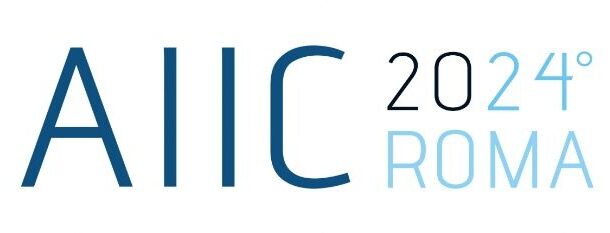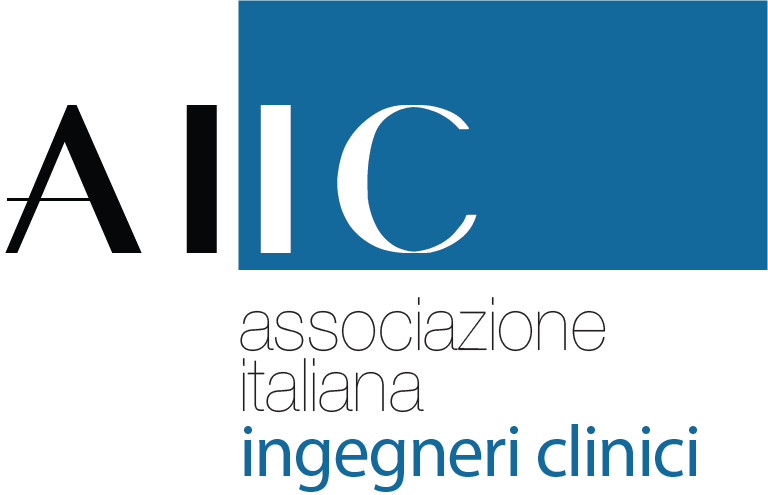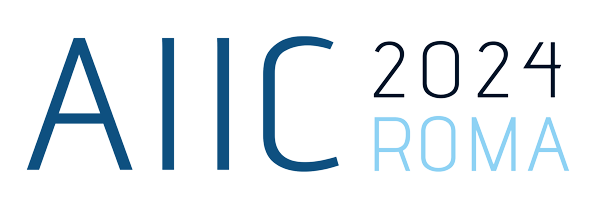

AFFILIAZIONE
research institute verlab for biomedical engineering, medical devices and artificial intelligence
AUTORE PRINCIPALE
Dr. Spahic Lemana
VALUTA IL CHALLENGE
Registrazione obbligatoria. Una valutazione consentita
[ratingwidget]
GRUPPO DI LAVORO
Dr. Gurbeta Pokvic Lejla research institute verlab for biomedical engineering, medical devices and artificial intelligence
Dr. Badnjevic Almir faculty of pharmacy, university of sarajevo
Dr. Kurjak Asim department of obstetrics and gynecology, school of medicine, university of zagreb, zagreb, croatia
Dr. Badnjevic Almir faculty of pharmacy, university of sarajevo
Dr. Kurjak Asim department of obstetrics and gynecology, school of medicine, university of zagreb, zagreb, croatia
AREA TEMATICA
Applicazioni innovative di bioingegneria (premio miglior tesi dottorato)
ABSTRACT
A significant proportion of the global burden of disease in children is contributed by neurological conditions since they contribute to premature mortality and years lived with disability. There are more than 600 neurological disorders that can occur throughout a person’s lifetime and 50-90% of neurodevelopmental disorder causes occur prenatally. Conditions such as cerebral palsy underscore the paramount importance of timely diagnosis. Fetal behavioral patterns mirror the developmental processes of the fetal central nervous system (CNS). Analysis of fetal behavior by 4D ultrasound, standardized in clinical practice, includes the Kurjak Antenatal Neurodevelopmental Test (KANET), renowned for high accuracy but dependent on skilled medical professionals’ availability.
In the intricate domain of fetal health, this doctoral thesis reveals the transformative potential of Artificial Intelligence (AI) in the early detection of neurological disorders in unborn infants. By integrating cutting-edge deep learning and ultrasound, this work aspires to automate the KANET test and fetal neurodevelopmental risk assessment.
The dataset, consisting of 10452 ultrasound images, used in the study was meticulously curated to reflect the multifaceted spectrum of fetal neurobehavior and neurodevelopment. Convolutional Neural Networks (CNNs) lie at the technological core of the project, finely tuned to differentiate among the subtle intricacies inherent within fetal movements captured in 4D ultrasound. The analysis is centered around the third trimester (33 ± 5 weeks), where the KANET serves as the medical foundation of this research.
Design and development of a custom CNN architecture capable of grasping all intricacies of the dataset was a tedious process to create a state-of-the-art trustworthy AI system for neurodevelopmental risk assessment. The model achieved notable sensitivity, specificity, precision, accuracy, F1 score, and MCC of 0.95, 0.99, 0.96, 0.94, 0.96, and 0.94, respectively.
While acknowledging limitations such as class imbalance and the absence of differentiation between specific facial expressions, the study demonstrates the potential of AI in enhancing prenatal care. Future work will involve expanding the dataset, conducting real-time clinical validations, and further refining the model. The research holds implications for improving outcomes for affected children and making advanced diagnostic capabilities accessible in diverse healthcare settings.
In the intricate domain of fetal health, this doctoral thesis reveals the transformative potential of Artificial Intelligence (AI) in the early detection of neurological disorders in unborn infants. By integrating cutting-edge deep learning and ultrasound, this work aspires to automate the KANET test and fetal neurodevelopmental risk assessment.
The dataset, consisting of 10452 ultrasound images, used in the study was meticulously curated to reflect the multifaceted spectrum of fetal neurobehavior and neurodevelopment. Convolutional Neural Networks (CNNs) lie at the technological core of the project, finely tuned to differentiate among the subtle intricacies inherent within fetal movements captured in 4D ultrasound. The analysis is centered around the third trimester (33 ± 5 weeks), where the KANET serves as the medical foundation of this research.
Design and development of a custom CNN architecture capable of grasping all intricacies of the dataset was a tedious process to create a state-of-the-art trustworthy AI system for neurodevelopmental risk assessment. The model achieved notable sensitivity, specificity, precision, accuracy, F1 score, and MCC of 0.95, 0.99, 0.96, 0.94, 0.96, and 0.94, respectively.
While acknowledging limitations such as class imbalance and the absence of differentiation between specific facial expressions, the study demonstrates the potential of AI in enhancing prenatal care. Future work will involve expanding the dataset, conducting real-time clinical validations, and further refining the model. The research holds implications for improving outcomes for affected children and making advanced diagnostic capabilities accessible in diverse healthcare settings.


